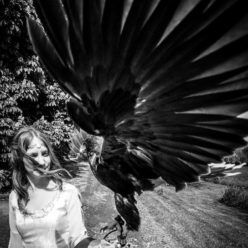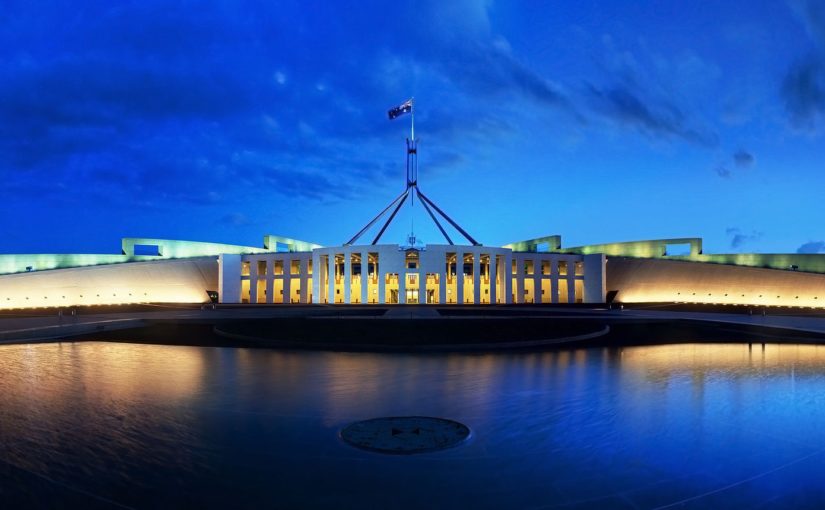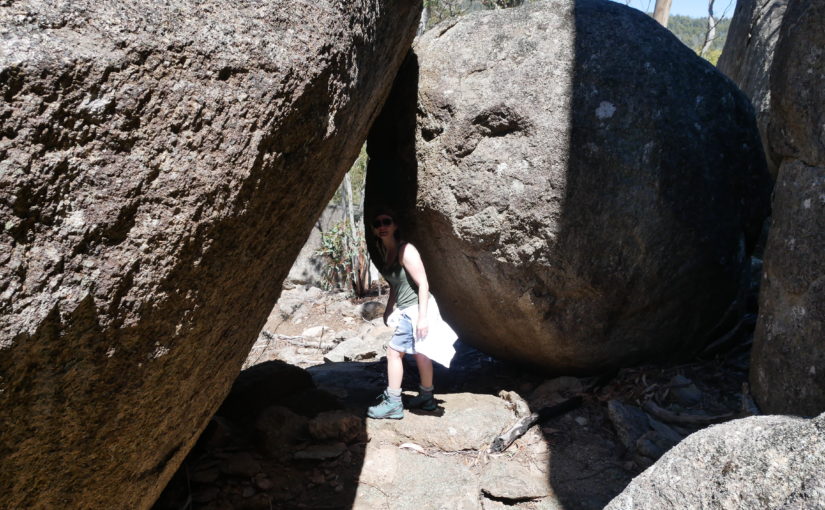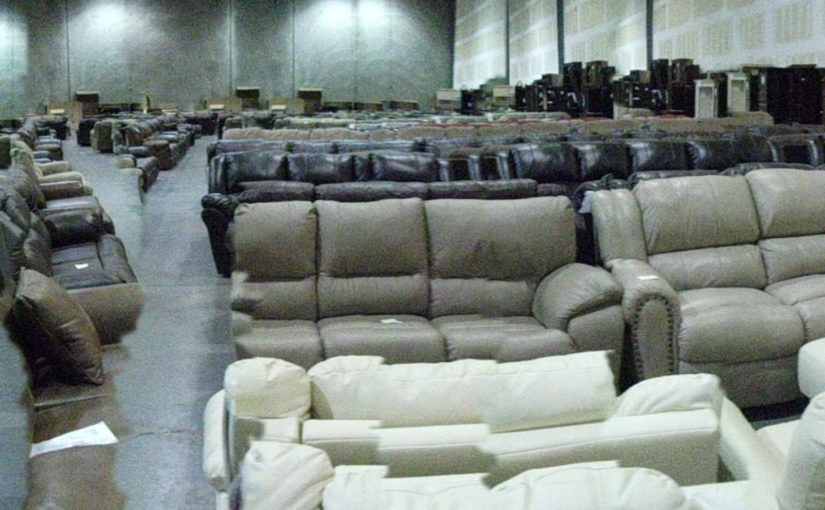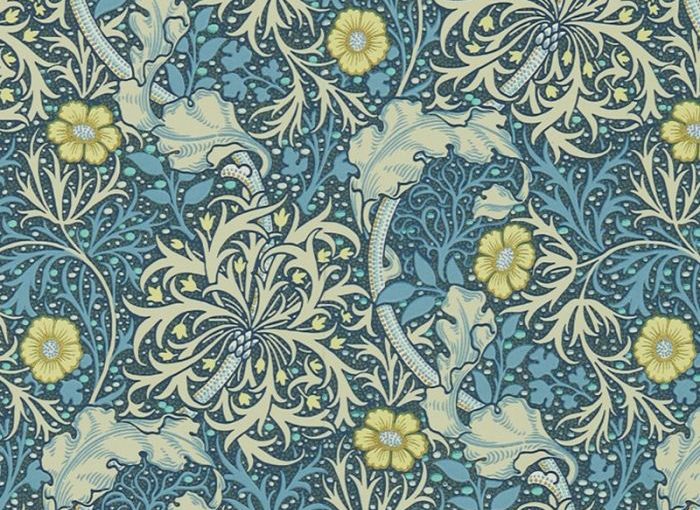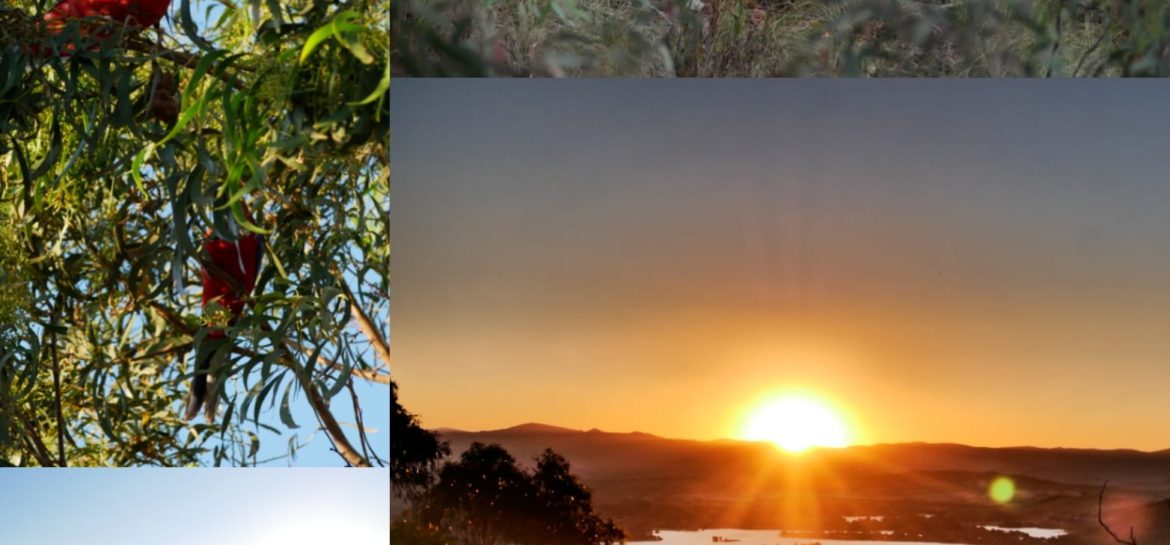A really great thing about Australia is how it rewards its fine people for their hard work with numerous public holidays. There are about ten, spread nicely throughout the year, as opposed to England’s stingy eight with the spring glut, then famine the rest of the year. I say about ten, because different territories have different ones; as a Canberran, I get to enjoy Canberra day, which is nice. Significantly, Australians get the Queen’s birthday off, which even the British don’t, so someone should certainly start a facebook petition; I hear they’re the most effective way of lobbying politicians. But in Aus at Christmas (and remember, it’s full summer then), you of course do what we Brits do and take off a few days in between Christmas and New Year because there’s no point doing a three day week…and when all that fun is over and you’re just getting back into the swing of work; you get another long weekend for Australia day!
Australia day is pretty controversial – I’d never heard of all this, but it is celebrated on the day of the anniversary of the first British fleet arriving in Sydney Cove. Hooray for us. So naturally, the Aboriginals (and many Australians) refer to it as Invasion Day. So the compromise for your left winger is to celebrate everything Australian, the wonderful youth of the Western population and its optimism, kangaroos and kookaburras, the moth harvesting festival of young aboriginal men, but continually suggest that perhaps it would be more politic to just change the day, fellas. I have to agree with this. I don’t want to celebrate the day my ancestors rampaged over yet another foreign land and was stunned with shock that the peoples they found weren’t total savages, but then kidnapped and stole from them anyway. The good old days of British politics of empire. But I do want to celebrate this beautiful country and every lovely person who has said ‘welcome!’ when we told them we were English. Even though I apologised instantly.
But it makes me think; the fact that that debate gets air time in the run up to the holiday each year, the fact that Australia’s president in 2008 issued a detailed and unreserved apology for the treatment of aboriginals since the arrival of us Brits, the fact that there are memorials to reconciliation in the city and all information right down to council adverts acknowledge the custodianship of the indigenous people, well it seems like a damn good place to start. A lot of people have said to me that the collective white guilt and the history is so terrible that they barely know where to start and much of what is done in redress is polite lip service. It probably is. But I’ve not seen the British government apologise to Jamaica for overrunning it in the seventeenth century and filling it with West African slaves. They’ve not even managed a heart felt apology for deporting accidently those same people after inviting them to England. Nor has America acknowledged its original brown people, despite native American culture’s popularisation and mass export. Seeing these steps and frank admissions from people daily living with the weight of their history makes me optimistic. Like the self-deprecating apologetic English, but better. My usual conflict about nationalism; I’m a bit embarrassed to belong to the monolinguistic, vastly unequal, conquering race of Britons, but I totally think French and Italians should celebrate their culture and be proud of it. They’ve got loads to be proud of! Great food and wine, family support. Australia; amazing landscape, national eccentricity, ALL FOOD is wonderful. What do we have? Morris dancing. Which I am proud of, but it isn’t cool. But often the people I meet abroad who are the most measured, kind and open are not nationalistic. I think what I love is a people’s love for their landscape, their respect of it, their love and craft of the food it gives them. All very earthy, innit. Nationalism in moderation I think, or, as a radio 4 documentary said, it’s a slippery slope from folk dancing to barbed wire.
So Australia day was wonderful and hey, we went to the free festival and you could bring your own beer without some high-vis wanker telling you it’s an anti anti-social zone, and the music was cool, and the food stands were great and the fireworks were the best I’d ever seen. They were over the lake and framed the Library, which I thought was wonderful, the illumination of knowledge, and I could see despite being short and I didn’t hurt my neck and no firework shells landed excitingly close and I wasn’t freezing a bollock off or being charged for it. So this another way Australia is better than England.
Another was a bit close to home. Two weeks ago in the early hours of a Monday morning, there was a fire in an apartment block in Melbourne. The flames spread up five storeys very quickly, and if this is sounding horribly familiar, yes, the building had the same cladding as Grenfell tower. Lots of differences though, perhaps the time of day, a little before getting-up time, the building was twice the size, it wasn’t social housing, but most importantly, nobody died. Now this has got to get a person thinking. Fires can happen everywhere right? So can car collisions, falls and so on. They’re accidents. But the mark of a developed country is that fewer people die in accidents. Systems are in place, laws regulate to increase safety, money is spent to minimise risk; your corrupt minister for transport isn’t taking the pot-hole budget and building a lavish swimming pool with it and getting away with it because the government is equally corrupt.
But increasingly, people die in England. And it’s the poor who do. They die in fires in social housing that they repeatedly campaigned to their MP was a likely and serious danger. They die because people with long term illnesses are suddenly assessed by non-professionals that they are fit for work and their benefits are stopped. They die because the focus is driving out the scourge of the poor and demonising their poverty, rather than asking uncomfortable questions of the rich. And despite dramatic verbs in the news like ‘tore’ and ‘ravaged’ and ‘devastated,’ (and remember this building was twice the size of Grenfell) everyone in the Melbourne block on Spencer Street got out safely.
Pfft. So this was a depressing perpendicular with Britain to consider. We’re like a third world country now. But Australia has problems enough to occupy it instead of fire fighting corruption. Mainly, fighting bush fires. The Australian fire risk rating has six levels. The first is LOW, but the second is HIGH and it just gets increasingly catastrophic from there. There has been a bush fire raging on the island of Tasmania for about three weeks solid, and there have been at least two in a week nearby that have got in the way of picnic plans. After a charming stroll around Tidbinbilla nature reserve, reading EVERYTHING, I have educated myself of the evolution of Australian fauna to harness bush fires to reproduce; it is an essential part of Australian ecology. Eucalyptus trees are high in oil which blows up pretty nicely, ignited by losing their bark in merry tinder-like streamers and are actually rejuvenated by fire, sprouting new shoots and dispersing pods. Fire also destroys their competition. Fires every fifty years or so are bang on; when young trees have established themselves. Of course, people will build houses between all these trees and smoke in them. As I’ve mentioned before, not a lot of people smoke in Canberra. And now, looking at all the eucalypts that shade the streets, it seems pretty irresponsible and even more justification for coughing ostentatiously when jogging past smokers huddled furtively on pavements.
And while the south of Australia burns in forty degree heat (a cute thing about Canberrans is their fervent insistence about nearly everything that ‘it’s not normally this bad’), the north is drowning in monsoons. I don’t know how much you’ve heard about this in the British media (because I’ve still been hearing way too freakin’ much about Brexit – I mean whaddyahavetodo….10,000bloodymiles) but a small place called Townsville on the north east coast up in Darwin is drowning. And what happens when rivers, streams and coasts flood in north Australia? Crocs happen, that’s what, crocs get everywhere. I heard a news anchor ask, ‘so in those floods that are, what, chest high in places, are people still managing to get about?’ ‘Well no,’ the correspondent countered, ‘not really, because the crocs are now prevalent throughout the streets.’ JESUS CHRIST!!! Some fella looked out his upper story window, there was a bloody croc on the roof of his car pool. Keep that window closed mate. Shit. Can you imagine that? So, ok, England’s not coming out of this analysis too well, but when the Somerset levels flood, and the Ulls water river destroyed Glendridding and the Derwent destroyed Cockermouth and the tides submerged Boscastle…at least we don’t have to deal with any fucking crocodiles. Ya know. Just mud. And power cuts. Not an aggressive reptile climbing in through your goddamn bedroom window.
So I shall continue to enjoy the glorious sunshine, breath-taking sloping eucalyptus hills, open and kind socialists, great wine and creativity with avocados. You guys enjoy Morris dancing. That’s for you.
